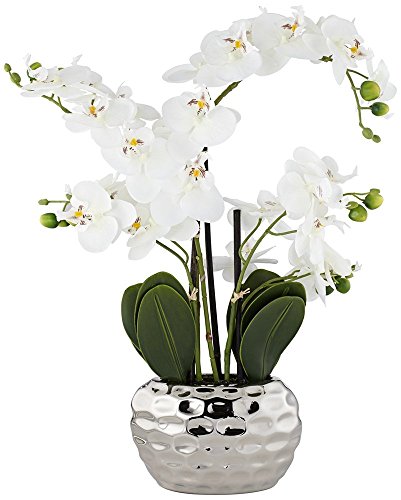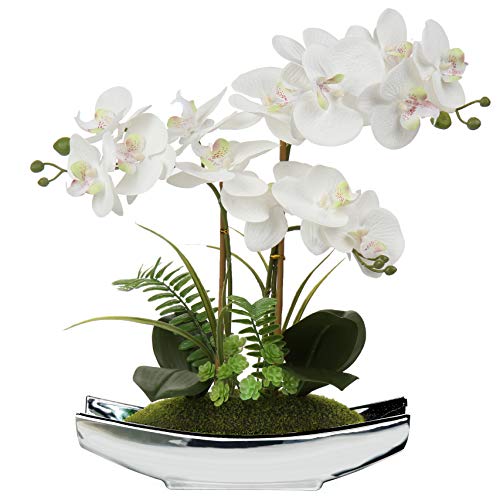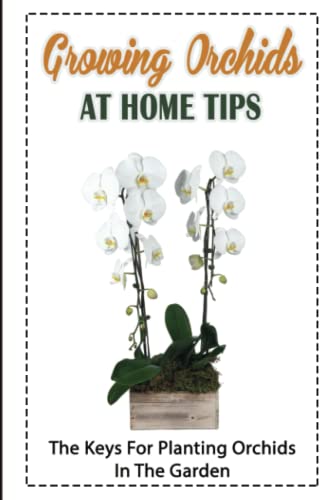Well, I'm continuing in the painful process of weeding out virus from my collection. So far, 32% (7 out of 22) of the plants I have tested (all cattleyas) have been virused and discarded. Pete, I FEEL your pain!! The only good news is, I am testing those that are looking funny in some way, or not growing well, or those I have given away divisions of. How awful to think a gift from me could contaminate someone's collection... Oh, and it seems that (mostly) it's cattleyas and phals are the ones that tend to get the viruses. I've not tested any paphs/phrags and, again, am hoping what I read is correct. I will test those last.
Anyway, I'm hoping (and praying) that the percentages will improve as I move ahead. Terry and I have investigated disinfection techniques for our tools and have decided on a 2 step process of a 5 minute (or more) soak in Sodium Hydroxide, then Virkon S, after scrubbing with detergent and water or Physan 20 to remove any organic debris. What we discovered is that NO one product disinfects from orchid viruses 100%, hence the process. If anyone is interested, I will post the article Terry found.
From what I could find, no one knows how long orchid viruses live on surfaces, but after 5 days, they were still viable. They are non-enveloped viruses, so not destroyed by removing the lipid layer (envelope) surrounding them as many other viruses are. Oh, and I'm washing my hands (even previously disposable gloved hands) with detergent, then using 3% stabilized peroxide on them for 1 minute. Surfaces are getting the same treatment since I can't do a 3 step process on them.
Can I say this is not fair?? I thought I was doing a good job with what people (even serious AOS judges) had recommended. Oh well, no one ever said life was fair, even in the orchid world! But once they (the viruses) are gone, they will not return as every single plant that I ever bring in (in the future) will be tested immediately. The New Year is coming... A small town girl from Louisiana should never have to know this much about any virus!!! Time for wine!
Anyway, I'm hoping (and praying) that the percentages will improve as I move ahead. Terry and I have investigated disinfection techniques for our tools and have decided on a 2 step process of a 5 minute (or more) soak in Sodium Hydroxide, then Virkon S, after scrubbing with detergent and water or Physan 20 to remove any organic debris. What we discovered is that NO one product disinfects from orchid viruses 100%, hence the process. If anyone is interested, I will post the article Terry found.
From what I could find, no one knows how long orchid viruses live on surfaces, but after 5 days, they were still viable. They are non-enveloped viruses, so not destroyed by removing the lipid layer (envelope) surrounding them as many other viruses are. Oh, and I'm washing my hands (even previously disposable gloved hands) with detergent, then using 3% stabilized peroxide on them for 1 minute. Surfaces are getting the same treatment since I can't do a 3 step process on them.
Can I say this is not fair?? I thought I was doing a good job with what people (even serious AOS judges) had recommended. Oh well, no one ever said life was fair, even in the orchid world! But once they (the viruses) are gone, they will not return as every single plant that I ever bring in (in the future) will be tested immediately. The New Year is coming... A small town girl from Louisiana should never have to know this much about any virus!!! Time for wine!
Last edited:




































